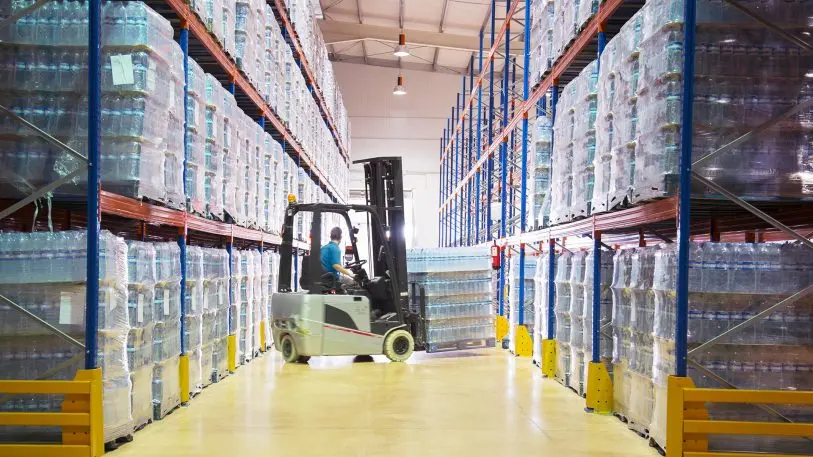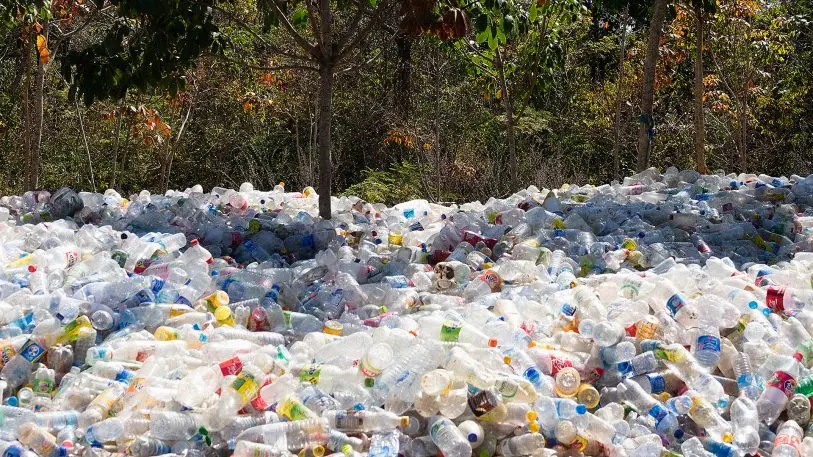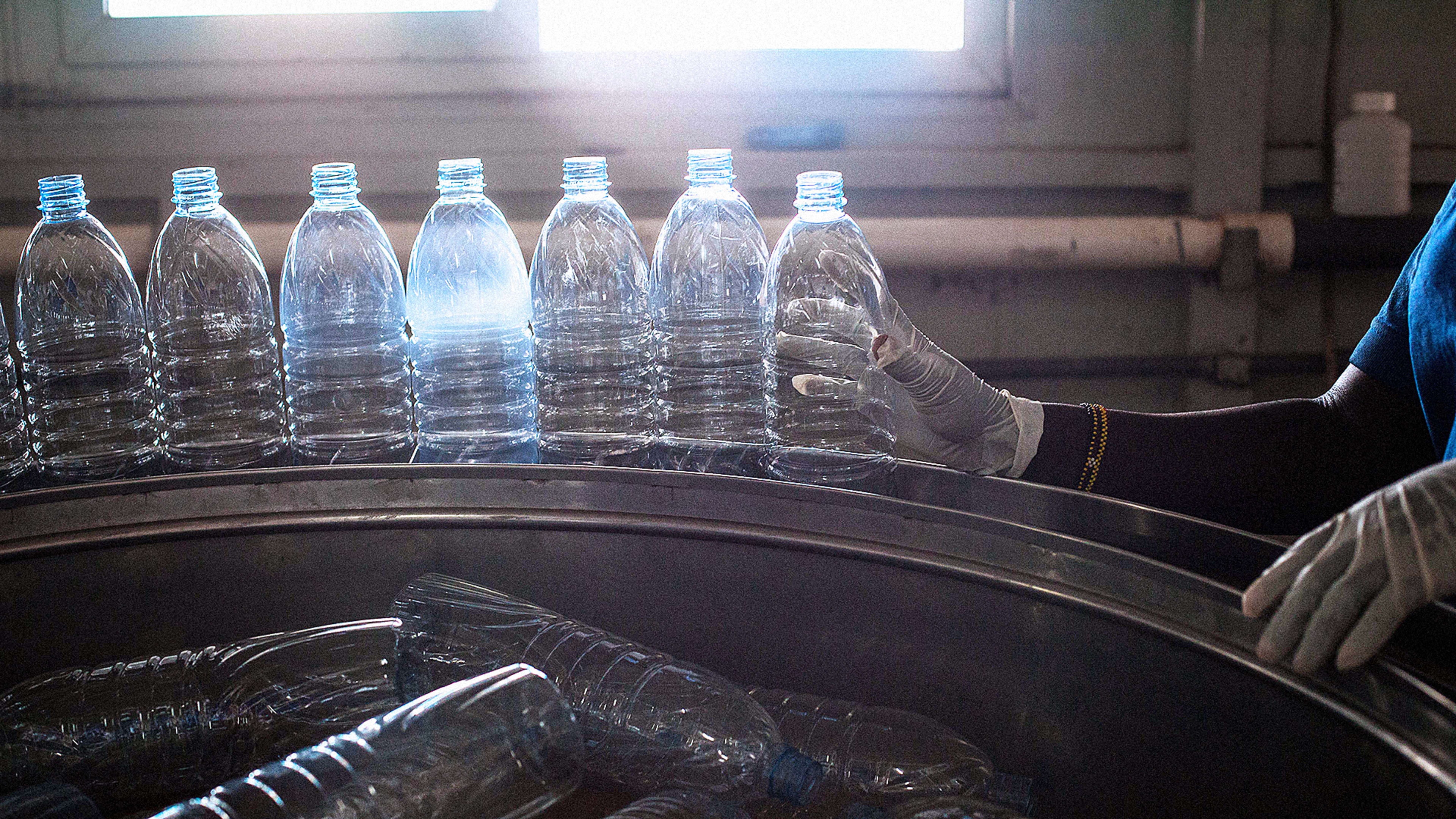If there’s one thing that unites the world, it’s bottled water. From Kansas to Kowloon, sales of plastic water bottles are surging, despite all the disastrous effects on the environment from the deluge of plastic waste. The latest figures show that we’ll consume more than 580 billion bottles by 2021–up from about 300 billion a decade ago.
Sales of reusable bottles are also climbing fast, at least. The shapely stainless steel S’well bottle, for instance, is now a fashion item and a business worth at least $100 million. But disposability rules in most places. Driven by escalating demand in developing or recently developed countries, the world now buys 1 million plastic bottles a minute, according to the Guardian, which got exclusive access to a survey from Euromonitor, a market research group.

Euromonitor’s head of packaging, Rosemary Downey, blames China for most of the increase in bottled water production. Last year, it consumed 73.8 billion bottles, up more than 5 billion from 2015. “It is a critical country to understand when examining global sales of plastic PET bottles, and China’s requirement for plastic bottles continues to expand,” she says.
“This increase is being driven by increased urbanization,” Downey continues. “There is a desire for healthy living and there are ongoing concerns about groundwater contamination and the quality of tap water, which all contribute to the increase in bottle water use.”

Another option is simply to ban sales of plastic water bottles, as San Francisco has done on its government properties. But beefing up recycling efforts and changing perceptions about recycled bottles seem like better bets, at least for PET plastics. More than half of the waste plastic entering the oceans comes from five countries–China, Indonesia, the Philippines, Vietnam, and Thailand–all of which are consuming bottled water at a faster rate than their recycling infrastructure can handle. Nonprofits like the Ellen MacArthur Foundation, which focuses on the circular economy, argue there’s a need for greater international standardization of plastic types, and more recycling technology transfer to developing countries.
Recognize your company's culture of innovation by applying to this year's Best Workplaces for Innovators Awards before the extended deadline, April 12.
